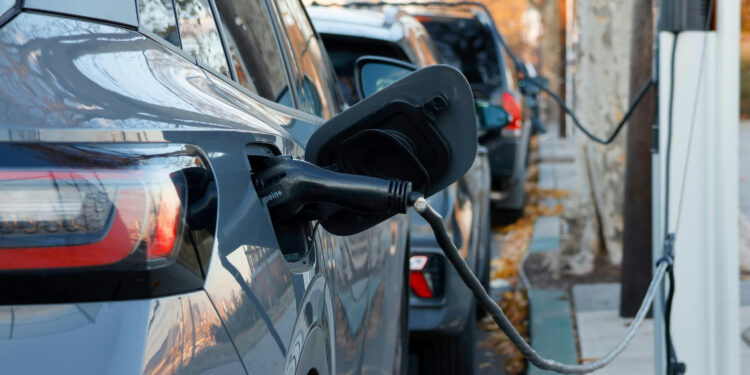Electric vehicle (EV) batteries have always been known to outlast those in gas-fueled cars, but a recent study has revealed something even more exciting: EV batteries could last up to 40% longer than previously estimated. This means EV owners might enjoy a few extra years of use from their cars and battery packs.
Earlier estimates were based on controlled lab tests where batteries were evaluated under steady discharge conditions. However, a team of researchers at Stanford University discovered that real-life driving habits paint a very different picture. It turns out that the dynamic nature of everyday driving—frequent acceleration, braking that partially recharges the battery, and taking breaks to rest the car—actually makes EV batteries more durable than lab results suggested.
“We’ve not been testing EV batteries the right way,” said Simona Onori, a co-author of the study. “To our surprise, real driving with all its starts, stops, and pauses helps batteries last longer.”
And here’s more good news for drivers who enjoy a bit of speed: hitting the gas pedal hard doesn’t accelerate battery aging. In fact, it might even help slow it down. This new understanding of EV battery resilience offers an encouraging glimpse into the longevity and practicality of electric vehicles in everyday life.




































